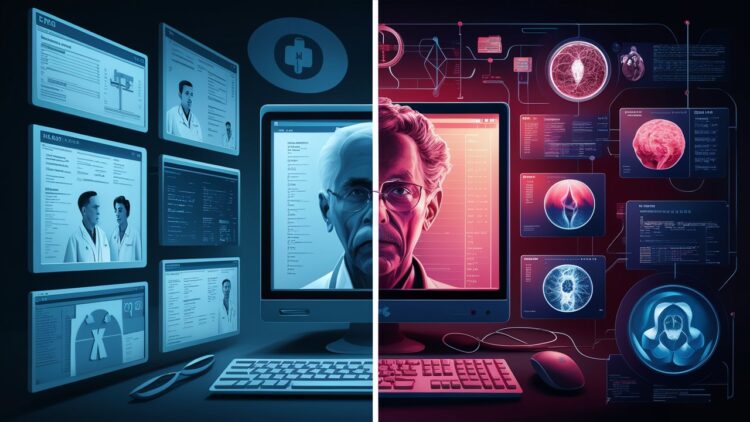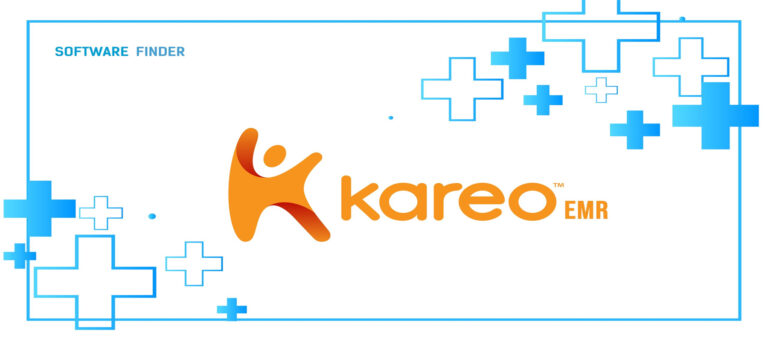Electronic Medical Records (EMR) software and Electronic Health Records (EHR) software are both digital systems used for managing patient health information, but they have distinct differences:
Scope and Purpose
EMR (Electronic Medical Records): EMR software is designed for use within a single healthcare practice, such as a doctor’s office or a clinic. It primarily focuses on the medical history of patients within that specific practice. EMRs are used for tasks like documenting patient visits, managing medical records, and billing.
EHR (Electronic Health Records): EHR software is more comprehensive and is designed to encompass a patient’s health information from multiple healthcare providers and settings. It goes beyond the medical history and includes a broader range of health-related data, such as lab results, imaging, medication history, and even data from specialists. EHRs facilitate the sharing of patient information among different healthcare organizations, promoting interoperability.
Interoperability
EMR: EMRs are typically not designed for easy data sharing outside of the specific practice that uses them. While they may have some basic capabilities to export patient information, they are primarily focused on internal use.
EHR: EHRs are built with interoperability in mind. They allow for the exchange of patient data among different healthcare providers, which can be crucial for coordinated patient care, especially when patients visit multiple healthcare facilities or specialists.
Data Accessibility
EMR: EMR data is often limited to the healthcare practice where it is used. Patients may have limited access to their own records, and sharing records with other healthcare providers can be cumbersome.
EHR: EHRs enable patients to access their own health records more easily. They often include patient portals where individuals can view their medical history, test results, and communicate with their healthcare providers. This promotes patient engagement.
Comprehensive View
EMR: EMRs provide a more narrow view of a patient’s medical history and are typically focused on clinical notes and records created within that specific practice.
EHR: EHRs offer a broader view of a patient’s health by aggregating data from various sources, including different healthcare facilities and providers. This comprehensive view can lead to better-informed decisions and improved patient care.







Leave a Reply